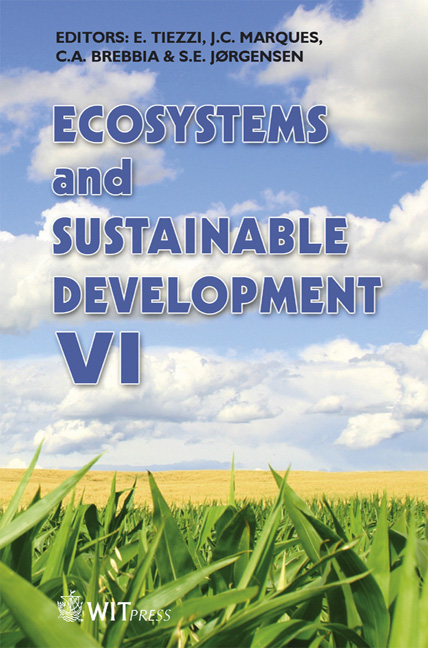Achieving The MDG’s In Ghana: Rhetorics Or Reality?
Price
Free (open access)
Transaction
Volume
106
Pages
19
Published
2007
Size
347 kb
Paper DOI
10.2495/ECO070321
Copyright
WIT Press
Author(s)
J.-E. Gustafsson1 & J. E. Koku2
Abstract
The original meaning of the concept sustainability or sustainable development might in an altruistic way have referred to building societies based on a sound environmental practice. This paper shows that the structural adjustments programs (SAP), Poverty Reduction Strategies and the Millennium Development goals (MDG’s) compel the Ghanian government to favour economic and fiscal sustainability. This neo-liberal policy has led to increasing inequalities, widening regional disparities, migration from rural areas to quickly grown up peri-urban areas basically within a huge informal sector, and unplanned capital formation and development at large, making claims to achieve the MDG’s by 2015 illusory. A way forward for Ghana should be to gradually fence off from the world market and learn from the development efforts of the Kwame Nkrumah first independent government. Keywords: environmental sustainability, international financial institutions, Ghana, Millennium Development goals, water management. 1 Introduction The original meaning of the concept sustainability or sustainable development might in an altruistic way have referred to building societies based on a sound environmental practice. Nowadays the concept has largely been attenuated so it can be attached to almost everything; environmental sustainability, social sustainability, economic sustainability, fiscal sustainability, debt sustainability, sustainable leadership, sustainable trade, sustainable governance etc. This attenuation has the function to conceal the power relations inherited with the concept.
Keywords
environmental sustainability, international financial institutions, Ghana, Millennium Development goals, water management.





